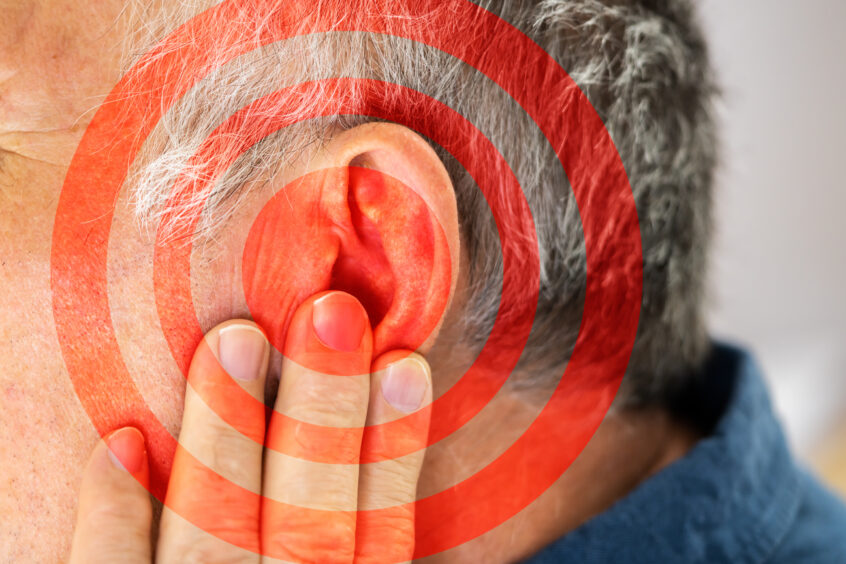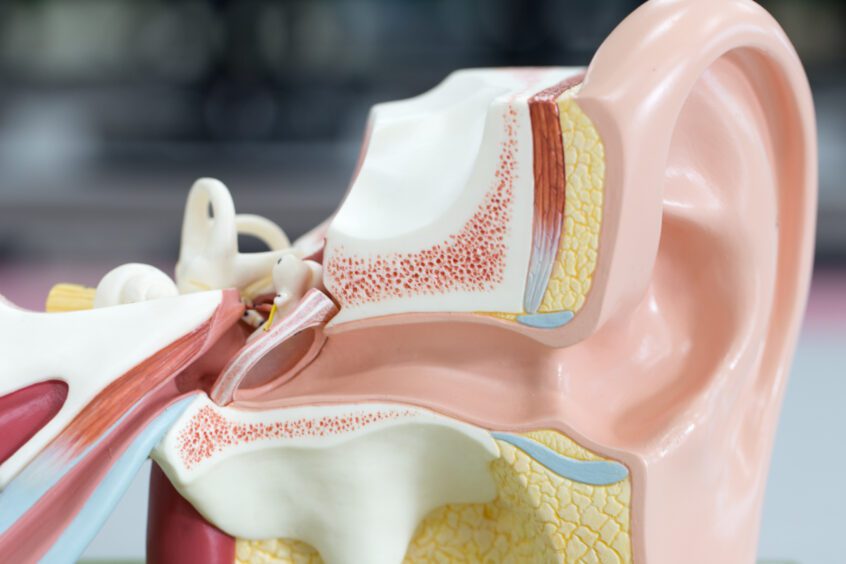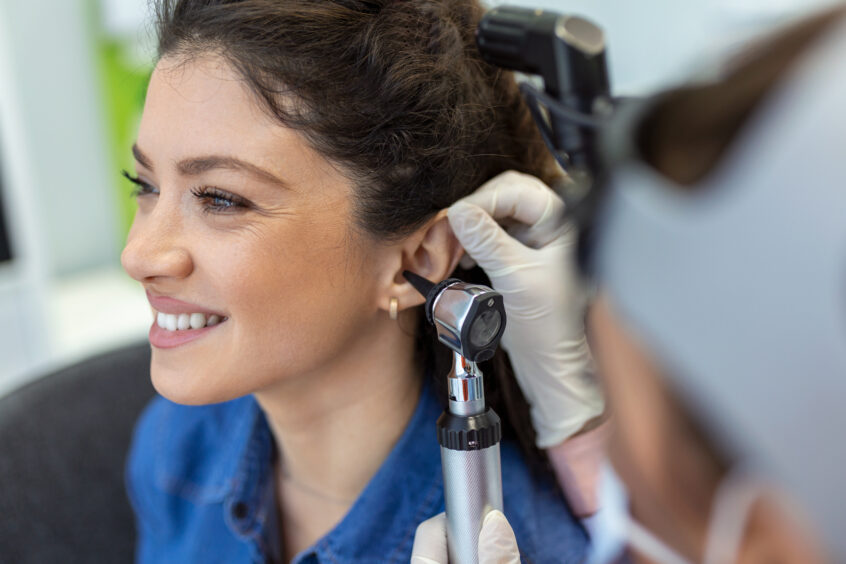Picture this. You and your sweetie snuggle up on the couch with your popcorn and favorite beverages, ready to watch the latest release on Netflix. But a few minutes into the movie, you both have puzzled looks on your faces. You turn to your partner and ask, “What did he say?” Your partner looks confused too and replies, “I’m not … Read More
The Facts About Hearing Loss
May is Better Hearing Month, a time to increase awareness of how common hearing loss is, who can treat it, and why treatment is so important. The following facts from the American Academy of Audiology show how common hearing loss, dizziness and related issues are. Approximately 38 million Americans report having some degree of hearing loss. The rate for hearing … Read More
What’s Up with Earwax?
Earwax. It’s something everyone has, but what purpose does it serve and what’s the best way to get rid of it? We’ll answer those questions in this blog about one of the most common problems we see. Earwax is also known as cerumen in the medical community and it has an important job—to protect the outer ear and ear canal, … Read More
Can Diet Impact Dizziness?
According to the Vestibular Disorders Association (VEDA), many people with Ménière’s disease (also called primary idiopathic endolymphatic hydrops), secondary endolymphatic hydrops, or migraine-associated dizziness, find that certain changes in their diet can reduce dizziness and help manage other symptoms of dizziness. Why is this? Inner ear fluid balance The inner ear is a fluid-filled hearing and balance system that normally … Read More
Hearing Loss May be First Sign of Otosclerosis
When most people schedule an appointment for a diagnostic hearing evaluation, they may expect to learn they have hearing loss. What they might not expect to learn is that their hearing loss is caused by a relatively rare condition known as otosclerosis. According to the National Institute on Deafness and Communication Disorders, otosclerosis is a term derived from oto, meaning … Read More
Do Your Hearing Aids Whistle?
Do your hearing aids whistle or “squeal” at times? For those who wear hearing aids, probably one of the most annoying problems is when they whistle or “squeal.” After all, that high-pitched sound isn’t just heard by you, but can be heard by others who are near. So, what causes your hearing aids to whistle or “squeal,” and what can … Read More
Paying for Hearing Aids
With over-the-counter (OTC) hearing aids now available to consumers, plus prescription hearing aids, there are more options than ever before for hearing devices. Originally, cost was one of the driving factors in the FDA’s decision to approve OTC hearing aid sales. And while there are some very affordable OTC options, OTC hearing aids aren’t appropriate for everyone. Some individuals need … Read More
New Research Shows Damage to Inner Ear Contributes to Falling
In a study of about 50 people with Alzheimer’s disease, Johns Hopkins researchers found evidence that damage to the inner ear system that controls balance is a major factor in patients’ well-documented higher risk of falling. The study found overall that vestibular system impairment was linked to a 50% increase in the risk of falling for patients with Alzheimer’s compared … Read More
What’s the Most Affordable Hearing Aid?
With over-the-counter (OTC) hearing aids now approved by the Food and Drug Administration, hearing aid options have increased significantly and run the gamut from entry-level OTCs to more advanced prescription hearing aids, but how do you know what the most affordable option is for you? Whether you’re looking for OTC or prescription hearing aids, consider your budget, hearing needs, and … Read More
Tinnitus Causes, Diagnoses and Treatments
Tinnitus is often described as ringing in the ears, but each individual’s experience with tinnitus is different. Some hear crickets chirping, some hear ringing, buzzing or whooshing, and others hear white noise or clicking. The common denominator for most people who experience tinnitus is that it is the perception of sound when no external sound source is present. It can … Read More












